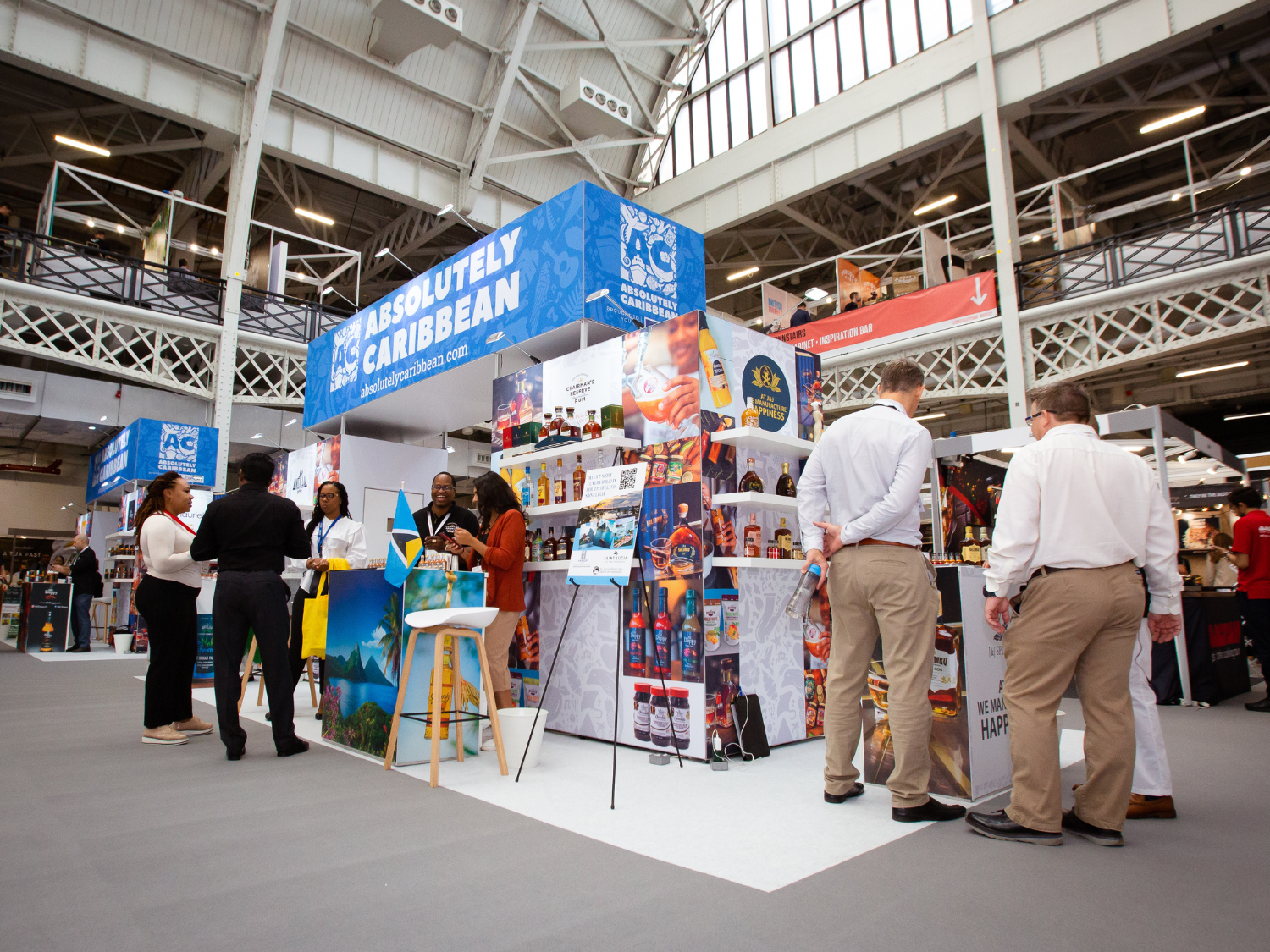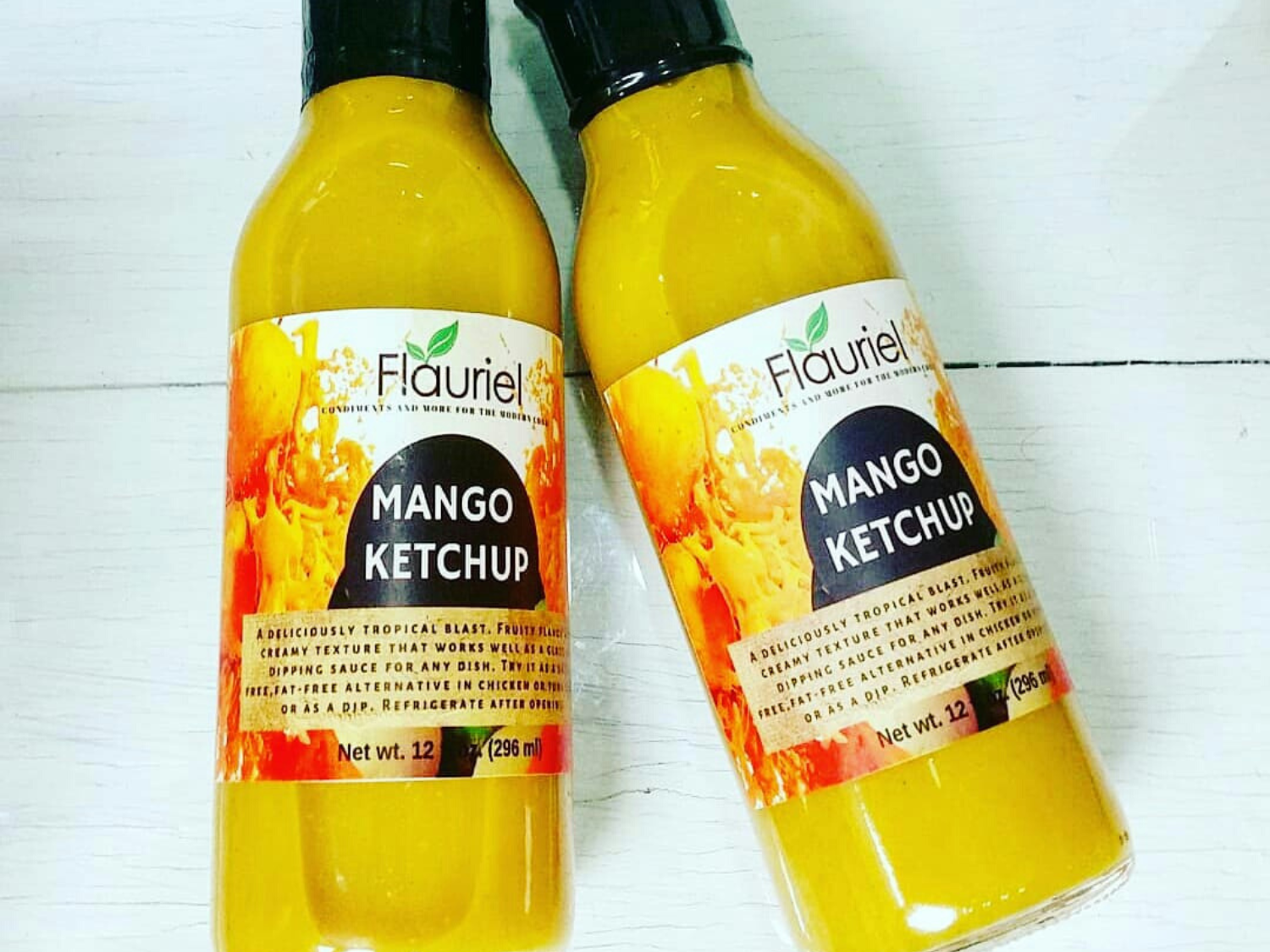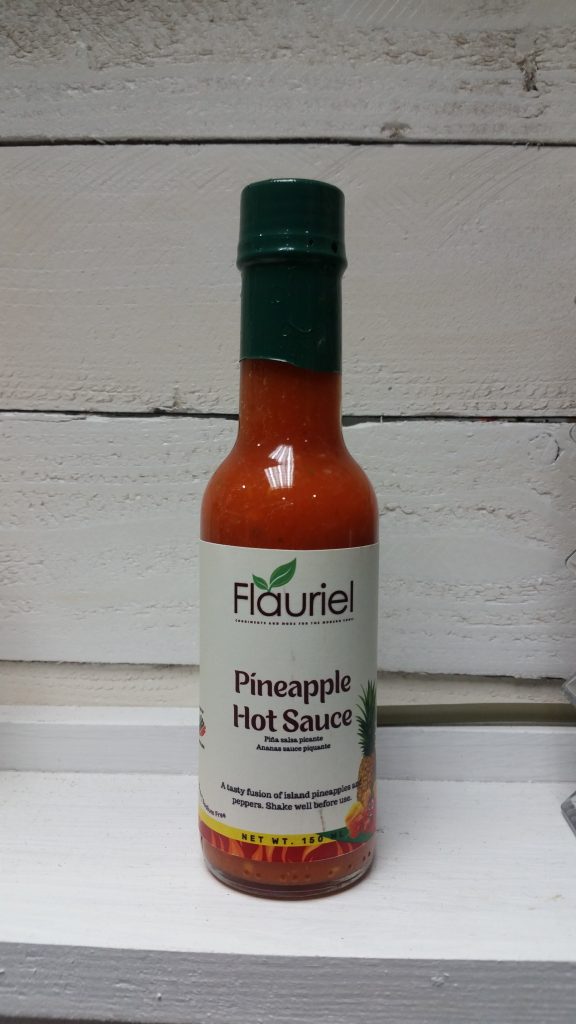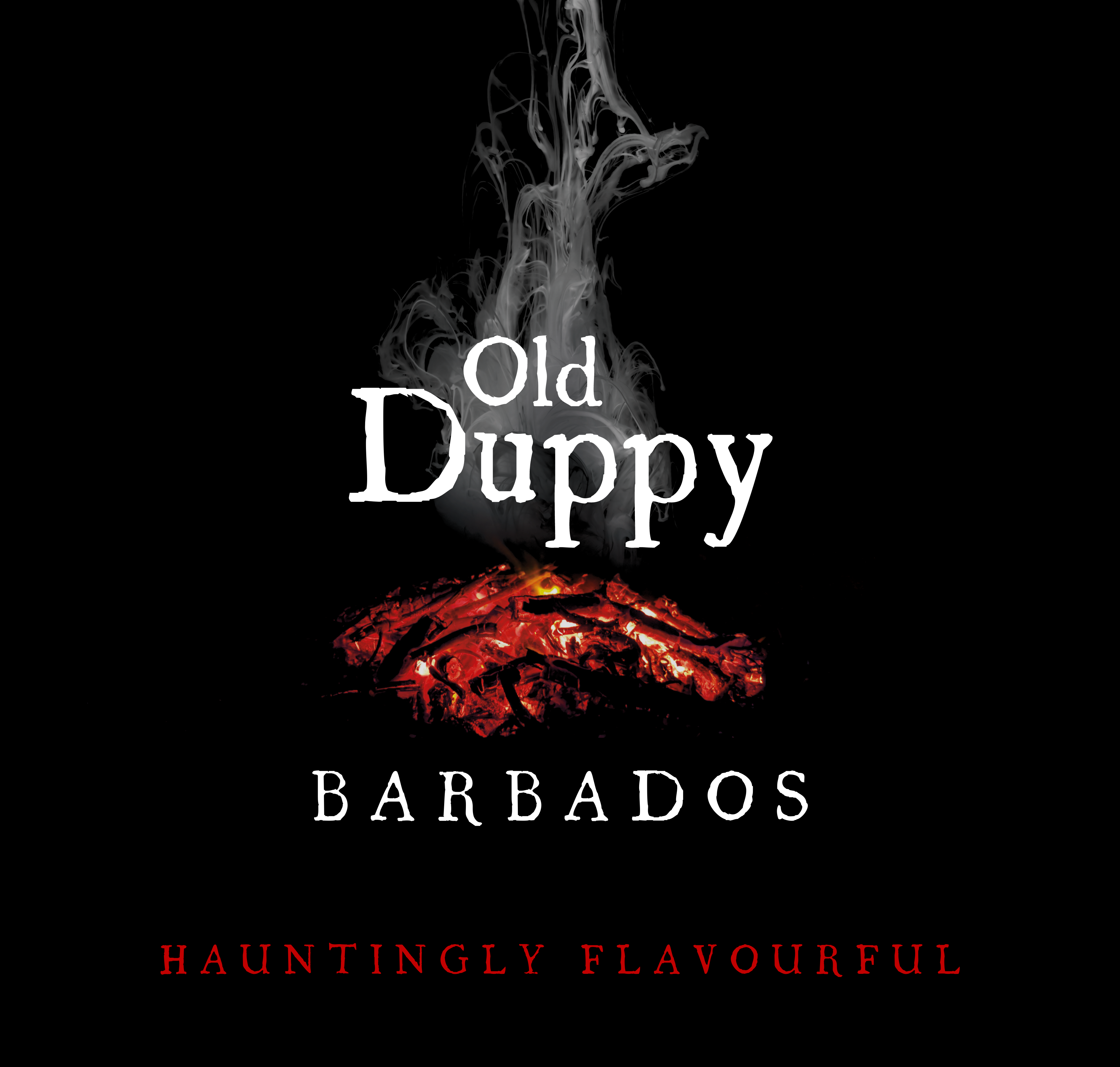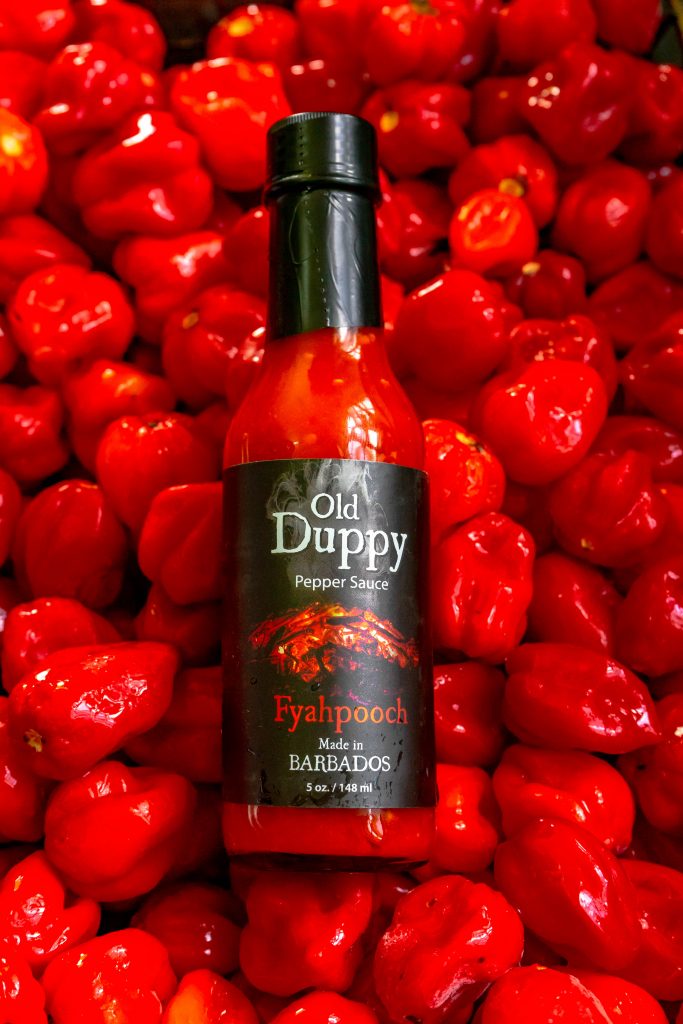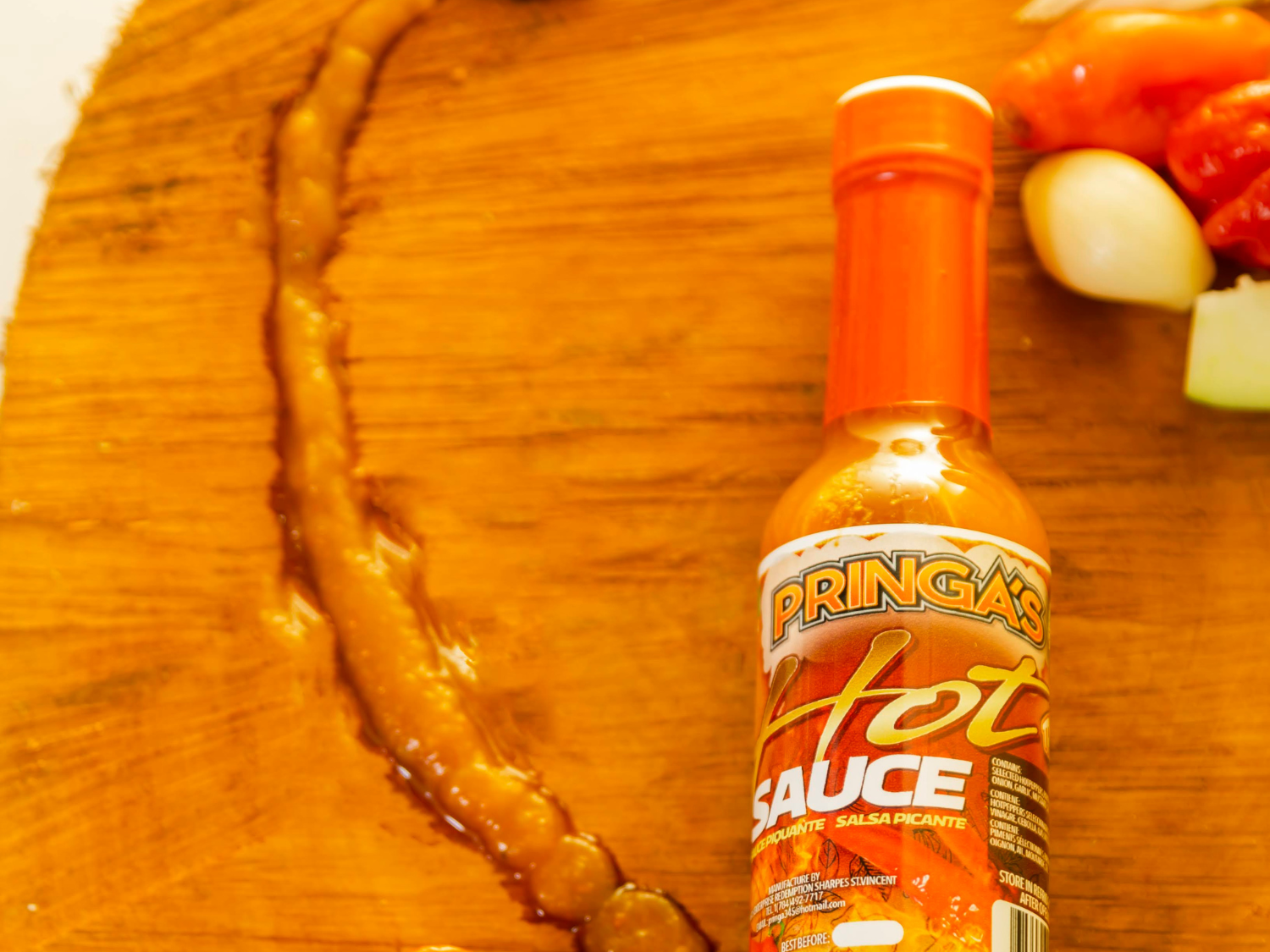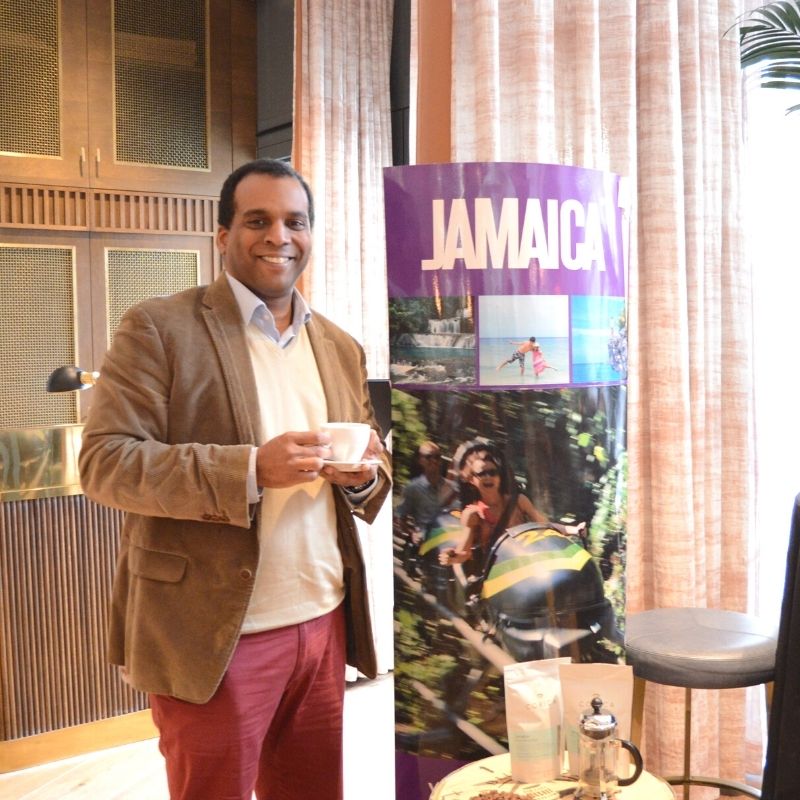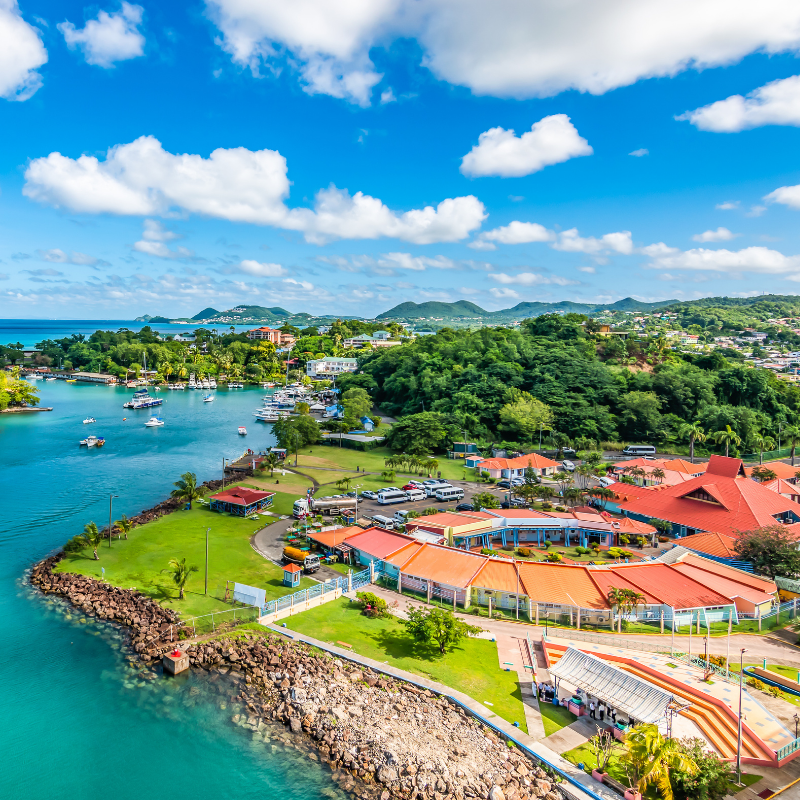If you’ve ever sipped a rum while the sun goes down as you chill out at a beach bar or beside a hotel pool, you’ll know how good the beverage tastes poured over ice, and how well it evokes feelings of calm, warmth, and relaxation.
Originating in Barbados in the early 1600s, the spirit has played a pivotal role in the history and culture of the entire Caribbean region. But even the enslaved Africans who discovered it by fermenting sugarcane molasses could not have imagined the drink they called ‘kill-devil’ (which later became known as ‘rumbullion’ or ‘rumbustion’) would eventually be enjoyed around the world.
In fact, the global rum market was valued at $11.26 billion in 2021 and is expected to expand at a compound annual growth rate (CAGR) of 5.2% from 2022 to 2028, mainly fuelled by the introduction of new flavours and the rising popularity of premium products.
Consumers demanding a unique and authentic rum experience will naturally be drawn to its ancestral home in the Caribbean, where producers have remained true to its tradition and heritage, while sensitively working to adapt the drink to ensure that its appeal continues to entice new generations.
At SIAL Paris 2022, three Caribbean distillers will be demonstrating their range of traditional and non-traditional rum products.
The St Lucia Distillers Group of Companies, Chicharum SRL and J&J Spirits, SRL are taking part in the world’s leading food fair from 15-19 October with the assistance of the Caribbean Export Development Agency and the European Union.
SIAL Paris gives these rum brands the chance to engage with 310,000 retailers, buyers, and importers from around the world who are looking for exceptional products that can capture and excite their customers’ imagination.
The St Lucia Distillers Group of Companies (SLD Group) has over 50 years’ experience with rum and was initially managed by the Barnard family who have been rum distillers for almost a century.
Located in the agriculturally rich town of Roseau, this boutique rum distillery uses copper stills to produce over 25 quality rums and rum products from premium rums and liqueurs to traditional pouring rums.
According to its website, the SLD Group is “not afraid to take risks and is always innovative,” which has led to it winning several awards, including the prestigious gold medal at the International Wine and Spirits Competition in 2012 for its flagship premium rum Admiral Rodney.
The SLD Group is also focused on corporate responsibility and environmental sustainability. Rainwater is harvested and treated for use in the blending of rums, steam turbines run the distiller plant, the boiler operates primarily on recovered waste oil, and effluent discharge from the distillery meets EU standards. The Group has also awarded secondary school scholarships for children in the local community and at least 30% of its workers are St Lucians.
‘Chicharon The World’s Cinnamon Rum’ is produced in the Dominican Republic by Chicharum SRL and is specifically targeted at millennials who are attracted to spiced or flavoured rums especially for mixing with cocktails.
Handcrafted with aged rum, cinnamon, and green chili extracts, ‘Chicharon The World’s Cinnamon Rum’ is a trendsetting, original product with a spicy kick and aromatic flair that takes rum to a different taste level. All the ingredients are natural and sourced locally.
The marketing of Chicharon is inspired by the company’s Spanish heritage and incorporates a connection to pork rinds or ‘Chicharrón’, a popular fried finger food recognised by the Latin community around the world, along with the Spanish word for rum – ron.
J&J Spirits, SRL is a pioneering family business based in Santo Domingo in the Dominican Republic.
This company manufactures a range of exotic rum-based products including their signature, ready-to-drink ‘Kalembú Mamajuana’. This traditional beverage was originally made by native Taino Indians who used it as a potent herbal medicine and is widely consumed throughout the Dominican Republic.
Blending dark rum with red wine, honey, tree bark, roots, and botanical herbs Mamajuana is believed to aid in digestion, circulation, and many other ailments.
J&J Spirits was one of the first companies to commercially produce Mamajuana and currently makes three varieties – the original Kalembú, Kalembú Café rum with coffee beans, and Kalembú Guavaberry rum.
J&J’s version of Mamajuana has been embraced by the global drinks market and is currently distributed in the United States, various Caribbean islands, Chile, Peru, Germany, and China.
Although rum is synonymous with the Caribbean, the region also has some award-winning wine producers, including Trinidad-based V’Toria Rhonda Vineyard & Winery which is also exhibiting at SIAL Paris 2022.
Started in 2012 by winemaker Nekeisha Charles, this brand crafts innovative, premium wines from exotic, tropical fruits blended with grape varietals.
V’Toria Rhonda Vineyard & Winery currently offers six non-vintage wines made with local ingredients; Love Affair with sorrel and Concord, True Passion from passion fruit and Sauvignon Blanc, Just Perception made from pomegranate and Zinfandel, Pure Diamond from rice and Riesling, Remember Me which is orange and Muscat, and Discover made from grapefruit and Merlot.
In January 2020, the winery established a passionfruit vineyard, the first one of its kind in the Caribbean, and Ms Charles has also diversified into making wine jelly and plans to add chocolate wine bars to her product list.
Ms Charles named her brand in honour of her grandmother, Victoria Richardson Harper, and her handwritten initials, extracted from an old letter which she signed ‘VR’, can be seen proudly printed on the label of every bottle offering them her personal stamp of approval!
